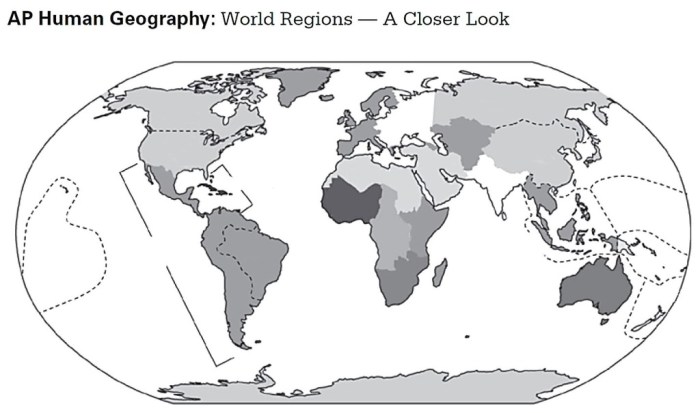Five relationships ap world history takes center stage in this exploration, unraveling the intricate connections that shaped the course of human civilization. From political alliances to cultural exchanges, this journey delves into the dynamics that have left an enduring mark on our world.
Political relationships, economic relationships, social relationships, cultural relationships, and environmental relationships—these five pillars have intertwined throughout history, influencing events, shaping societies, and leaving a lasting legacy on the global stage.
Political Relationships
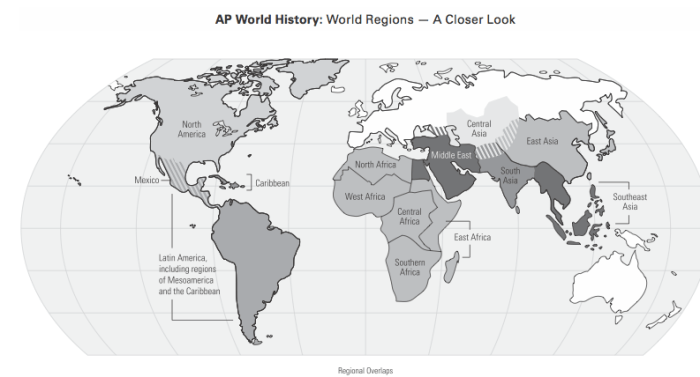
The 16th century was a period of great political upheaval and change. The major powers of Europe were constantly vying for power and influence, and their alliances and rivalries had a profound impact on the course of world events.
One of the most important factors shaping political relationships in the 16th century was religion. The Protestant Reformation had divided Europe into two camps, and religious differences often led to political conflict. For example, the French Wars of Religion were a series of civil wars fought between Catholics and Protestants, and the Thirty Years’ War was a major European conflict that was largely driven by religious tensions.
Alliances
In order to protect themselves from their rivals, the major powers of Europe often formed alliances with each other. These alliances were often based on shared interests, such as the desire to contain the power of a particular state or to gain access to new territories.
- The Holy League was an alliance of Catholic states formed in 1571 to fight against the Ottoman Empire.
- The League of Augsburg was an alliance of Protestant states formed in 1686 to oppose the policies of King Louis XIV of France.
Rivalries
The major powers of Europe were also often rivals, and their conflicts often led to war. Some of the most famous rivalries of the 16th century include the rivalry between France and Spain, the rivalry between England and France, and the rivalry between the Ottoman Empire and the Holy Roman Empire.
- The Franco-Spanish War (1521-1559) was a series of conflicts between France and Spain for control of Italy.
- The Anglo-French War (1544-1546) was a conflict between England and France over the control of Boulogne.
- The Ottoman-Habsburg Wars (1526-1699) were a series of conflicts between the Ottoman Empire and the Holy Roman Empire for control of southeastern Europe.
Economic Relationships: Five Relationships Ap World History
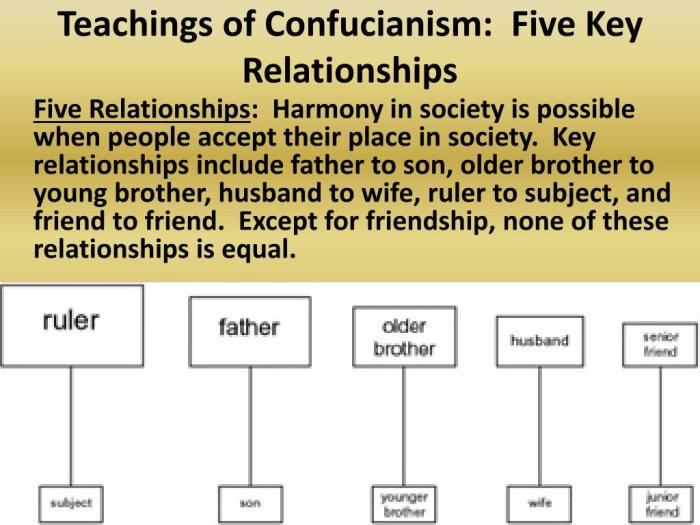
Economic relationships have played a pivotal role in shaping world history, fostering connections between diverse regions and driving political and social developments. Throughout history, major trade routes and commercial networks have facilitated the exchange of goods, ideas, and technologies, leading to economic growth and cultural exchange.
One of the most significant trade routes was the Silk Road, which connected East Asia with the Middle East and Europe. This network facilitated the exchange of silk, spices, and other luxury goods, as well as the spread of Buddhism and other cultural influences.
Similarly, the Indian Ocean trade network connected South Asia, East Africa, and the Middle East, enabling the exchange of spices, textiles, and other commodities.
Impact on Political and Social Developments
Economic factors have had a profound impact on political and social developments. The accumulation of wealth through trade and commerce led to the rise of powerful merchant classes and the development of urban centers. These urban areas became centers of cultural and intellectual exchange, fostering the growth of new ideas and technologies.
Economic inequality and competition for resources have also been major drivers of political conflict. The struggle for control over trade routes and access to markets has led to wars and territorial expansion. Economic disparities within societies have also contributed to social unrest and revolutions.
Role of Technology
Technological advancements have played a crucial role in facilitating economic growth and exchange. The development of ships, compasses, and other navigational aids made long-distance trade possible, expanding the reach of commercial networks. The invention of printing and the spread of literacy facilitated the exchange of ideas and knowledge, further stimulating economic development.
In conclusion, economic relationships have been a driving force in world history, connecting different regions and shaping political, social, and cultural developments. The major trade routes and commercial networks have facilitated the exchange of goods, ideas, and technologies, leading to economic growth, cultural exchange, and the rise of powerful urban centers.
Economic factors have also influenced political and social developments, while technological advancements have played a crucial role in facilitating economic growth and exchange.
Social Relationships
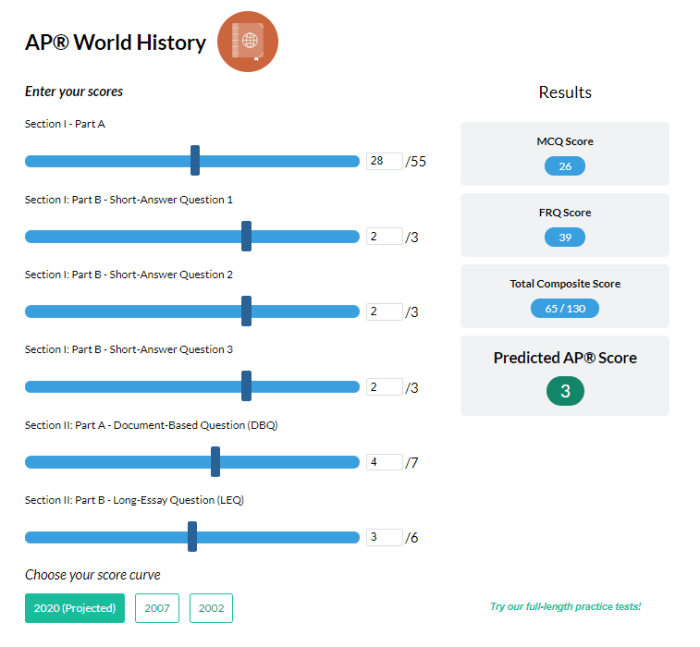
Social relationships have been a fundamental aspect of human societies throughout history. These relationships have been shaped by a variety of factors, including social structures, class systems, family, religion, and education. The development of new ideas and technologies has also had a significant impact on social relationships.
Social structures and class systems have varied greatly across different parts of the world. In some societies, there have been rigid hierarchies with a small elite at the top and a large majority of the population at the bottom. In other societies, there have been more egalitarian structures with less social stratification.
Class systems have also been based on a variety of factors, including wealth, power, and occupation.
Family
The family has been a central institution in all human societies. It provides a sense of belonging and support, and it helps to socialize children into the norms and values of their culture. The structure of the family has varied across cultures, but it has typically been based on the nuclear family, consisting of a mother, father, and children.
Religion, Five relationships ap world history
Religion has also played a major role in shaping social relationships. It has provided a sense of community and belonging, and it has helped to regulate behavior. Religion has also been a source of conflict and division, as people have often fought over religious differences.
Education
Education has been another important factor in shaping social relationships. It has helped to create a more informed and skilled population, and it has also helped to break down social barriers. Education has also been a source of social mobility, as people who have received a good education have often been able to move up in the social hierarchy.
Social Change
Social change has had a significant impact on the development of new ideas and technologies. As societies have changed, so too have the relationships between people. The Industrial Revolution, for example, led to a major shift in social relationships as people moved from rural to urban areas and began to work in factories.
The rise of the internet has also had a major impact on social relationships, as it has made it easier for people to connect with each other from all over the world.
Cultural Relationships
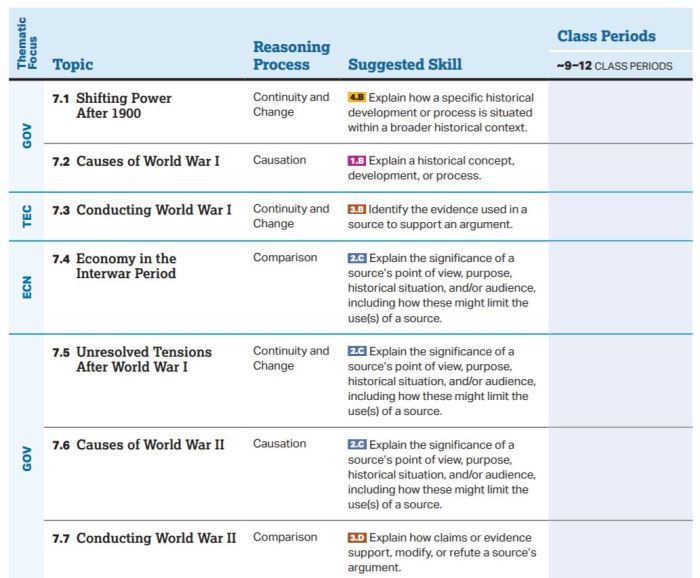
During the Age of Exploration, cultural exchange flourished as Europeans encountered new civilizations and ideas. This led to the spread of major cultural influences across the world, transforming artistic styles, intellectual traditions, and promoting innovation and creativity.
Artistic Styles
European explorers brought back new artistic techniques and motifs from the Americas, Africa, and Asia. These influences can be seen in the works of Renaissance and Baroque artists, such as Leonardo da Vinci and Michelangelo, who incorporated elements of Islamic architecture and Chinese painting into their masterpieces.
Intellectual Traditions
The exchange of ideas between different cultures also led to the development of new intellectual traditions. European scholars were exposed to Eastern philosophies, such as Confucianism and Buddhism, which influenced the development of Western thought and science. The printing press, invented in Europe during this period, facilitated the spread of knowledge and ideas across borders.
Cultural Diversity and Innovation
The encounter with diverse cultures stimulated innovation and creativity. European explorers brought back new crops, such as potatoes and maize, which transformed diets and agricultural practices worldwide. The exchange of goods and ideas also led to the development of new technologies, such as the compass and the astrolabe, which revolutionized navigation and exploration.
Environmental Relationships

The period from 1200 to 1450 witnessed significant environmental changes that profoundly impacted human societies. These changes included:
- Climate Change:The period saw a gradual cooling trend, known as the Little Ice Age, which brought colder temperatures and increased precipitation in many regions.
- Deforestation:As populations grew and agriculture expanded, forests were cleared on a large scale for timber, fuel, and land.
- Soil Erosion:Deforestation and intensive agriculture led to soil erosion, which reduced soil fertility and contributed to desertification.
Human activities had a significant impact on the environment during this period. Deforestation, for instance, disrupted ecosystems, reduced biodiversity, and altered local climates. Soil erosion led to a decline in agricultural productivity, forcing populations to migrate or adopt new farming techniques.Technology
played a limited role in mitigating environmental problems during this period. However, some technological advancements, such as the development of watermills and windmills, helped to reduce the impact of deforestation by providing alternative sources of energy.
Question & Answer Hub
What is the significance of political relationships in world history?
Political relationships have played a pivotal role in shaping the course of world events, influencing the rise and fall of empires, the formation of alliances, and the outbreak of conflicts.
How have economic relationships impacted the development of societies?
Economic relationships have fostered connections between different regions, leading to the exchange of goods, ideas, and technologies. These interactions have stimulated economic growth, cultural diffusion, and the rise of global trade networks.
What is the role of social relationships in shaping human history?
Social relationships, including family structures, class systems, and religious affiliations, have profoundly influenced the way societies organize themselves, interact with each other, and transmit knowledge and values.
How have cultural relationships contributed to the diversity of human civilization?
Cultural relationships have facilitated the spread of artistic styles, intellectual traditions, and religious beliefs across borders, enriching the tapestry of human civilization and fostering innovation and creativity.
What are the implications of environmental relationships for the future of humanity?
Environmental relationships highlight the interconnectedness between human activities and the natural world. Understanding these relationships is crucial for addressing global challenges such as climate change, resource depletion, and environmental degradation.
